
Cancer Network spoke with Jason Westin, MD, of MD Anderson Cancer Center, about the Smart Start trial, which showed that a combination of targeted therapy prior to chemotherapy proved to be effective in patients with DLBCL.

Your AI-Trained Oncology Knowledge Connection!


Cancer Network spoke with Jason Westin, MD, of MD Anderson Cancer Center, about the Smart Start trial, which showed that a combination of targeted therapy prior to chemotherapy proved to be effective in patients with DLBCL.
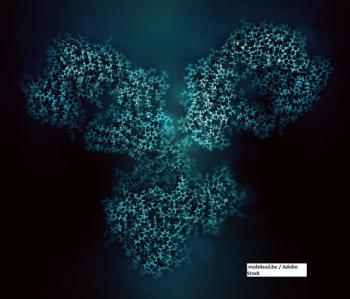
Researchers tested simultaneous vs delayed rituximab with cladribine in patients with hairy cell leukemia.
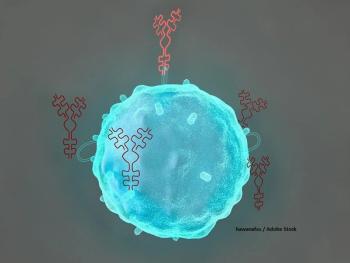
Maintenance rituximab was tested in patients with diffuse large B-cell lymphoma who achieved complete remission after R-CHOP.
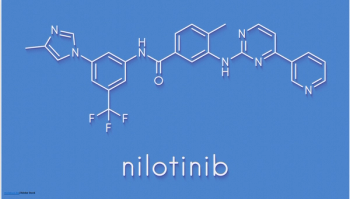
Updated results from ENESTop show patients with CML remain in treatment-free remission after stopping nilotinib.
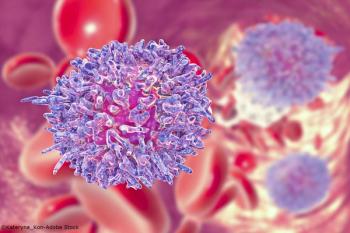
Five-year follow-up of the phase III COMPLEMENT 1 study focused on the efficacy with respect to overall and progression-free survival.
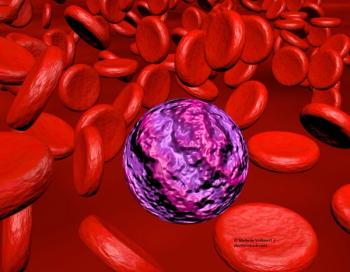
The survival benefit observed with gilteritinib in FLT3-mutated relapsed/refractory acute myeloid leukemia in the ADMIRAL trial was maintained regardless of the presence of several common co-mutations.

Data were presented at ASCO 2019 on the link between current and former smoking on treatment outcomes in AML in treatment-naive patients.
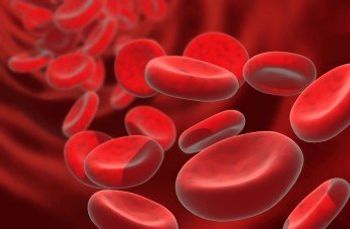
A phase I study of a CAR T-cell therapy showed success in refining cell dosing and adverse event management protocols in patients with relapsed/refractory ALL.
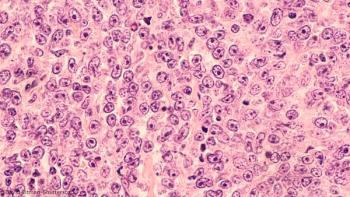
Researchers studied the Fc-enhanced, humanized anti-CD19 antibody MOR208 combined with lenalidomide in relapsed/refractory large B-cell lymphoma.
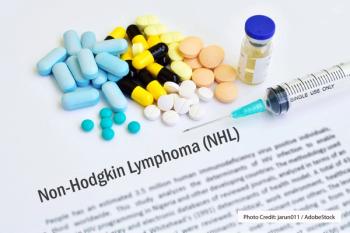
The MAGNIFY phase IIIb trial looked at the efficacy and safety of lenalidomide combined with rituximab in relapsed/refractory indolent non-Hodgkin lymphoma.

Ahead of the ASCO Annual Meeting, we discuss the assessment and management of cytokine release syndrome in patients with cancer with Elizabeth Shpall, MD.
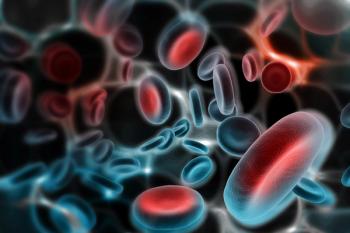
In this article, we present a case of a patient with relapsed Hodgkin lymphoma who responded to salvage chemotherapy incorporating brentuximab vedotin, a novel agent.

Patients with follicular lymphoma or diffuse large B-cell lymphoma with a low peripheral blood natural killer cell count at baseline had shorter time to progression.
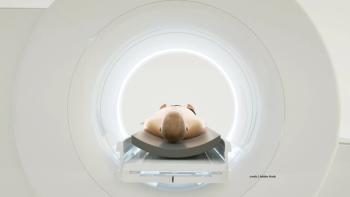
Researchers have found several characteristics identified on PET/CT that may help to predict early clinical failure of untreated follicular lymphoma.
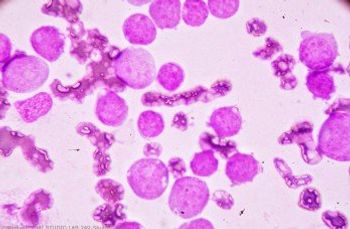
The authors explored the evidence supporting the safety and side effect profile of enasidenib, FDA-approved in August 2017 for relapsed/refractory AML.
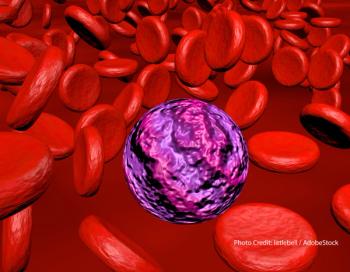
A recent study in JAMA Dermatology evaluated overall and leukemia-specific survival in patients with AML and leukemia cutis vs AML alone.
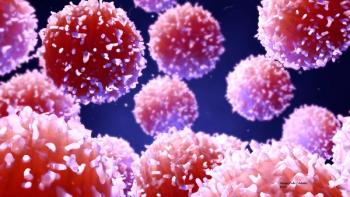
Researchers tested the addition of the T cell–boosting decitabine to anti–PD-1 therapy with camrelizumab among patients with relapsed or refractory classic Hodgkin lymphoma.

The MYD88 driver mutation was detected in the cerebrospinal fluid of a majority of patients with CNS lymphoma, indicating its potential utility as a diagnostic and monitoring tool.

Researchers looked at the treatment failure rate for immunotherapy with R-CHOP in patients with diffuse large B-cell lymphoma who were occupationally exposed to pesticides.

Researchers compared the newly developed PRIMA-PI risk score against FLIPI and FLIPI-2 in patients with follicular lymphoma.

Researchers are evaluating Iodine (131I) apamistamab plus HCT vs conventional care in older patients with active relapsed/refractory acute myeloid leukemia.
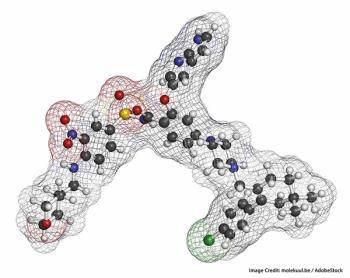
A new study evaluated combination venetoclax and low-dose cytarabine in previously untreated acute myeloid leukemia.
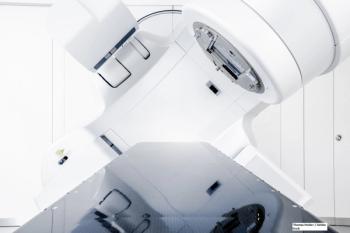
A retrospective study supported the role of primary radiotherapy in early-stage follicular lymphoma.
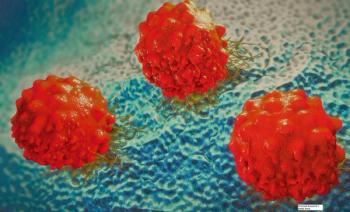
Researchers tested the PI3K inhibitor umbralisib in patients with relapsed/refractory marginal zone lymphoma in a phase II study that was presented at the AACR Annual Meeting.
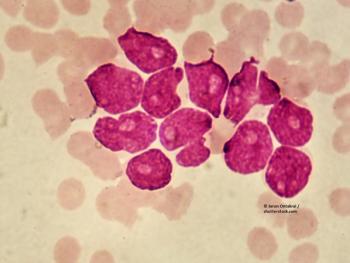
Results of the phase III ADMIRAL trial, which tested the FLT3 inhibitor gilteritinib in patients with relapsed/refractory acute myeloid leukemia, were presented at the AACR Annual Meeting.